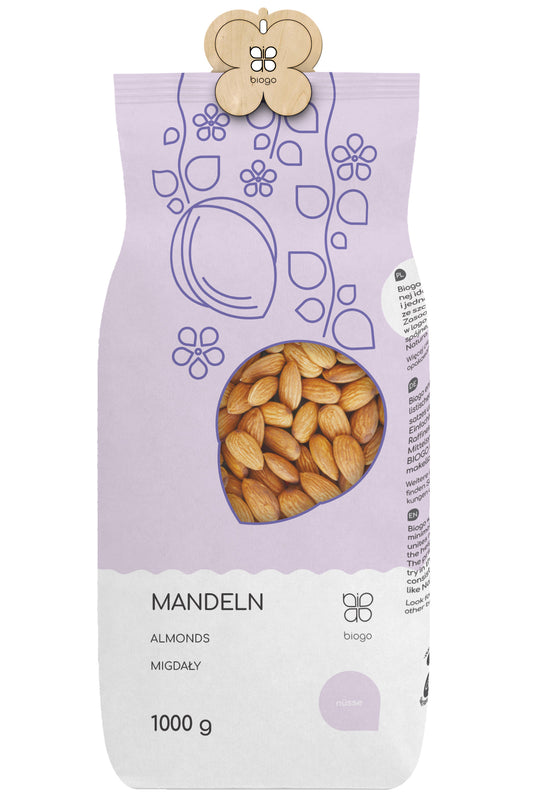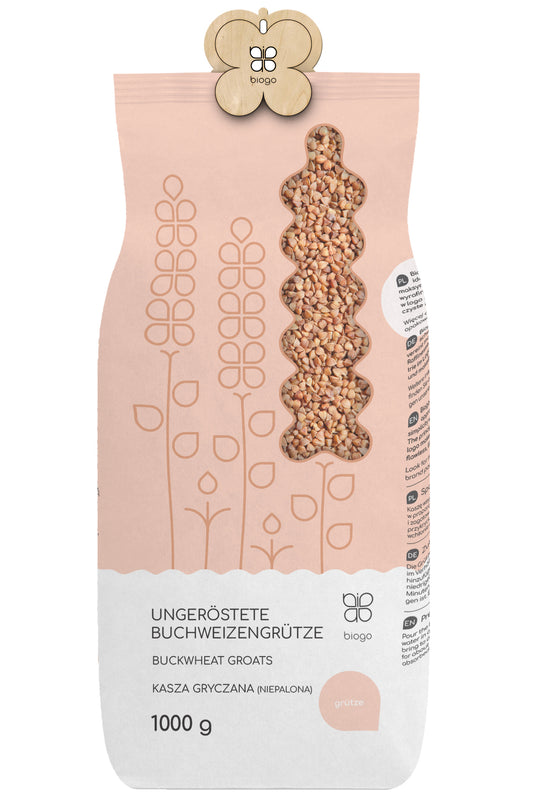How we can live without plastic every day – let’s remove plastic from our homes
Almost all of us have heard about the harmful effects of plastic. The fact that it significantly contributes to the pollution of the natural environment, poses a danger to animals and also has a negative impact on human health. It can take up to a thousand years for plastics to decompose. There is so much plastic around us that its microparticles have begun to penetrate the soil, water, atmosphere, food and even the human body. Microplastic particles are found in body lotions, nail polishes, scrubs and washing powders, among others. The plastic particles contained in these products enter the seas and oceans through sewage treatment plants. So, there is no doubt that we should try to reduce plastic as much as possible. But is this possible when it has been reigning supreme in our homes for several decades?
How can you reduce plastic at home?
Plastic water bottles, food containers, cling film, flower wraps, bags, liquid soap bottles—these are just a small part of the plastic found in every one of our homes. Almost every day, we bring home plastic-wrapped products from the store, such as sliced cheese, cold cuts, yogurt, or salad. Even if we want to reduce the amount of plastic around us, it may seem impossible at first. However, it turns out that plastic products are by no means irreplaceable. Here are examples of how we can at least partially eliminate it from our homes.
- Avoiding single-use items – all products made of plastic or packaged in plastic that we throw in the trash after one use can be replaced with reusable products, e.g.:
- Plastic cups, cutlery, plates, straws – their equivalents are made of biodegradable materials,
- Disposable razors can be replaced by a classic metal razor blade,
- cotton pads can be replaced by cotton pads,
- Cotton swabs made of plastic – their counterparts made of cotton or bamboo are already available in stores.
- Glass containers for storage – Food can be stored in glass – special containers or ordinary, traditional jars.
- Metal pet bowls – they are more durable than plastic ones and therefore do not need to be replaced often.
- Plastic toothbrushes can be replaced with bamboo toothbrushes.
- Shampoos , shower gels and liquid soaps are always packaged in plastic bottles, so soap and solid shampoo packed in a biodegradable cardboard box are an ecological alternative.
- Dishwashing sponges – in everyday life, not everyone thinks about the fact that the sponges we use in the kitchen are actually made of plastic, and we throw them away quite often. Washcloths made from natural materials like cotton or hemp are more environmentally friendly.
- Canvas bags and pouches – indispensable when shopping. Almost everyone knows that groceries can be packed in large cotton bags. However, when shopping for fruit or vegetables, we still often resort to small "breakaway" bags – and we can also pack these in our own fabric bags.
- Plastic cling film—many of us can't imagine life without it—is used for packaging and storing food, but it also has an environmentally friendly alternative: wax wraps, which are used successfully for storing food, are pieces of cotton or linen soaked in natural wax. They can be used to cover bowls and containers of food, as well as to wrap sandwiches, fruit, or bread.
- Meat, sausage and cheese without plastic – you can buy by weight and pack in your own glass container.
- Avoid plastic bottled water – Tap water in Polish cities is safe to drink. However, if you don't feel like drinking tap water, you can use easily accessible jugs or bottles with filters.
- more environmentally friendly than those bought in tetra packs – especially freshly squeezed ones.
There are many ways to reduce plastic consumption in everyday life. It must also be said that plastic is not always "bad". There are situations where it really is the best solution. While there are alternatives to plastic school lunch boxes and bottles, these are safer and lighter for children than those made of glass or steel. When buying, however, we should make sure that the products are free of harmful bisphenol A (in this case the products are labelled BPA-free), and that they are of high quality and can be used for many years instead of ending up in the trash after one season.
THE PUBLISHER'S CHOICE
Dried dates 1 kg BIOGO
- £4.00
£5.00- £4.00
- Unit price
- / per
Almonds 1 kg BIOGO
- £11.00
£13.00- £11.00
- Unit price
- / per
Peeled sunflower seeds 1 kg BIOGO
- £3.00
£4.00- £3.00
- Unit price
- / per
Dried organic mango 400 g BIOGO
- £10.00
- £10.00
- Unit price
- / per
Dried White Mulberries 500 g ORGANIC
- £6.00
£7.00- £6.00
- Unit price
- / per
Popcorn (corn kernels) organic 1 kg BIOGO
- £6.00
- £6.00
- Unit price
- / per
Organic Ground Turmeric 500 g BIOGO
- £6.00
- £6.00
- Unit price
- / per
Milk thistle seeds 1 kg BIOGO
- £4.00
- £4.00
- Unit price
- / per
Organic cashew nuts 1 kg BIOGO
- £18.00
- £18.00
- Unit price
- / per
Unpeeled buckwheat groats 1 kg BIOGO
- £3.00
£3.00- £3.00
- Unit price
- / per







































































































































